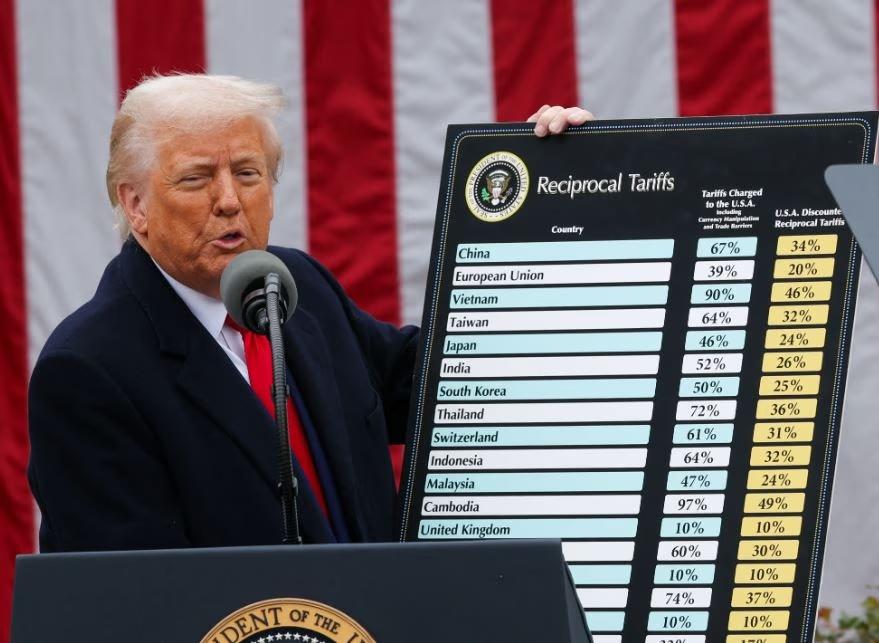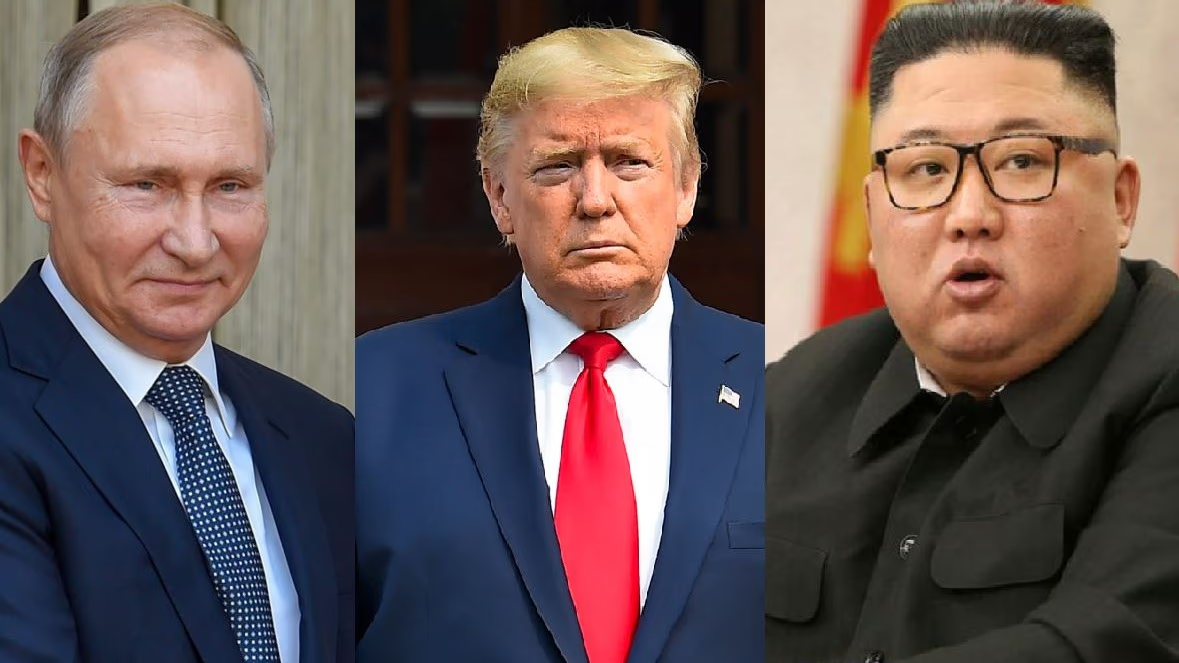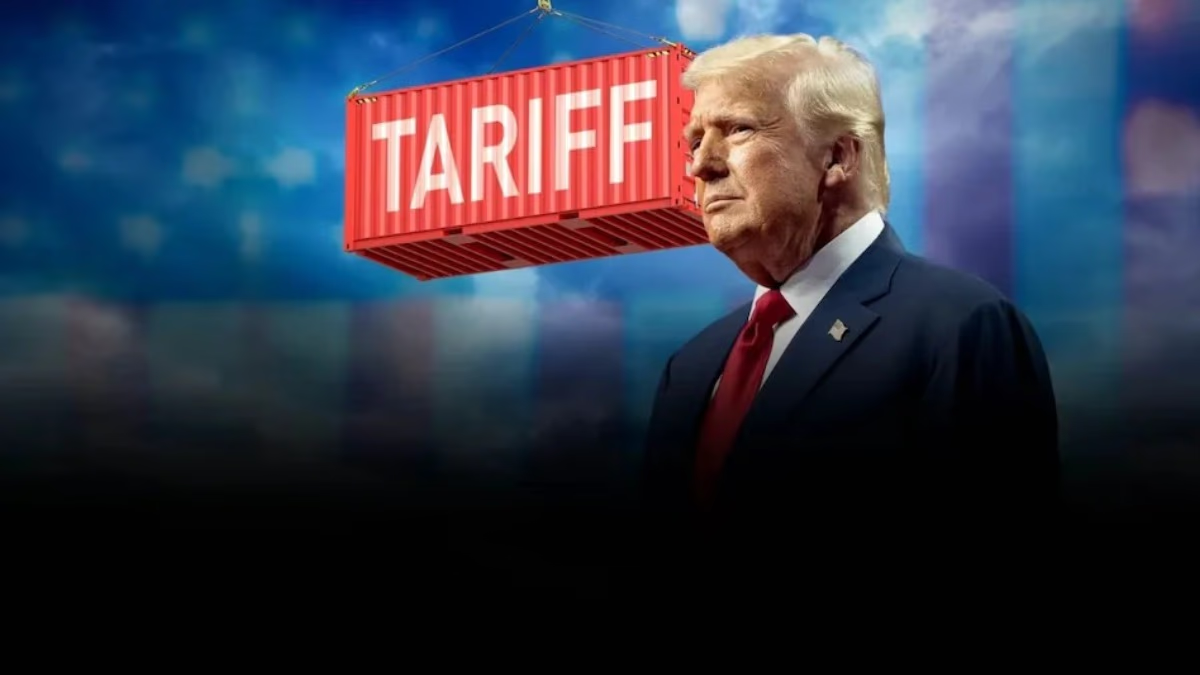President Donald Trump has finally dropped the tariff bomb. On April 2nd, he announced a discounted reciprocal tariff impacting many nations including India and China. This proclamation sent global markets into disarray as nations scrambled to respond.
A Double Blow for China, a Hit to India
Trump's announcement slapped a 26% tariff on imports from India, escalating tensions by imposing a 34% tariff on China. Initially, Trump's administration had already set a 20% tariff on China, leading to a total cumulative effect of 54% on Chinese goods. During this implementation, Trump shook long-standing allies while extending a form of relief to adversaries. High tariffs were imposed on close allies like Japan, South Korea, and India, but Russia and North Korea were notably omitted, adhering to Trump’s second-term foreign policy of unsettling allies with economic threats while maintaining unexpectedly cordial relations with traditional adversaries.
Friends Punished, Foes Rewarded
In his efforts during the second term, Trump sought to redefine relationships with Russia from adversarial to cordial. His ostensibly friendly ties with Russian President Vladimir Putin became formalized, despite Putin showing no restraint against Western aggression, particularly with the continued conflict in Ukraine.
Read more:
The recent tariffs have struck America's primary allies profoundly, with significant tariffs levied on countries like Japan (24%), South Korea (25%), India (26%), and Taiwan (32%). Only China faces a higher at 34%, with the exception being allies who are heavily impacted.

Source: aajtak
A Setback for Israel's Expectations
Amid all this, Trump refrained from imposing any tariffs on Russia, North Korea, and Belarus but targeted Israel with a 17% tariff while addressing Iran with only a 10% levy. Such a move disappointed Israel, especially after Prime Minister Benjamin Netanyahu lifted tariffs on all U.S. products, hoping to avoid any fallout in the trade saga.
Trump's action entailed placing heavier tariffs on Israel than on Iran, considered a formidable U.S. adversary, who supports numerous anti-American and anti-Israel groups. The White House articulated that previous sanctions against Russia and others meant additional tariffs were unnecessary.
Why Exempt Russia?
A White House official explained to the New York Times that countries like Cuba, Belarus, North Korea, and Russia were exempt because they already face substantial trade barriers and the existing sanctions substantially curtail meaningful trade.
Learn more:
An official elaborated that Russia was excluded due to existing Ukraine conflict sanctions halting any trade, though the U.S. went ahead with a 10% tariff over Ukraine. Nevertheless, Treasury Secretary Scott Besant incorrectly propagated the narrative, failing to correct the impression that despite sanctions, trade with Russia, Iran, and North Korea continues.
Trade Dynamics with Iran and North Korea
Despite the rhetoric, commerce with Russia, Iran, and North Korea continues, albeit on a diminished scale. In 2024, U.S.-Russia trade is projected at $3.5 billion with U.S. exports at $526.1 million, majorly essential medical supplies. In 2023, U.S.-Iran trade saw $59 million in exports, involving medical goods and artworks. In 2024, America's trade relations with North Korea involved $1.5 million in exports, including chemicals and pharmaceuticals.




